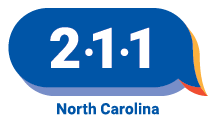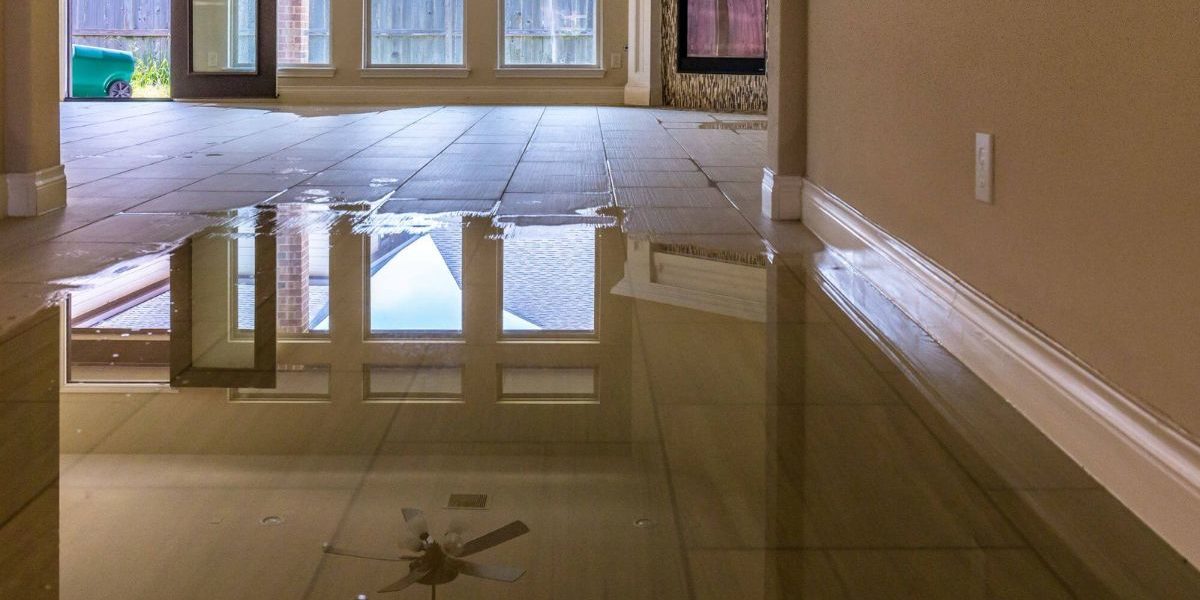Floods are the most common disaster in the United States and can cause outages, destroy property, disrupt transportation, or create landslides. It’s important to know if your home is vulnerable to flooding and how to prepare.
How can I prepare for a flood?
- Know the types of flood risk in your area. Visit FEMA’s Flood Map Service Center to search for your address. To see real-time risk of flooding, visit North Carolina’s Flood Inundation Mapping and Alert Network.
- Purchase flood insurance. Homeowner’s insurance policies do not cover flooding and it typically takes 30 days for a policy to go into effect. Get flood coverage under the National Flood Insurance Program (NFIP).
- Make a plan for your household, including your pets, so that you and your family know what to do, where to go, and what you will need to protect yourselves from flooding.
- Keep important documents safe by placing in waterproof container or saving digital files.
How can I stay safe during a flood?
- Evacuate immediately (if told to evacuate) and never drive around barriers.
- Contact your healthcare provider, if you are sick and need medical attention.
- Listen to emergency alerts
- Do not walk, swim or drive through flood waters. Turn Around. Don’t Drown!
- Stay off bridges over fast-moving water and stay inside your car if it is trapped in rapidly moving water. Get on the roof if water is rising inside the car.
- Get to the highest level if trapped in a building.
How can I stay safe after a flood?
- Pay attention to authorities for information and instructions. Return home only when authorities say it is safe.
- Avoid driving except in emergencies and avoid wading in floodwater.
- Wear heavy work gloves, protective clothing and boots during clean up and use appropriate face coverings or masks if cleaning mold or other debris.
- People with asthma and other lung conditions and/or immune suppression should not enter buildings with indoor water leaks or mold growth that can be seen or smelled. Children should not take part in disaster cleanup work.
- Be aware that snakes and other animals may be in your house and be aware of the risk of electrocution. Do not touch electrical equipment if it is wet or if you are standing in water.
- Use a generator or other gasoline-powered machinery ONLY outdoors and away from windows.
SOURCE: Ready.gov and Ready NC
Last updated 3/1/2023


